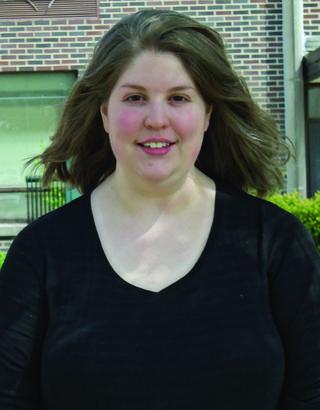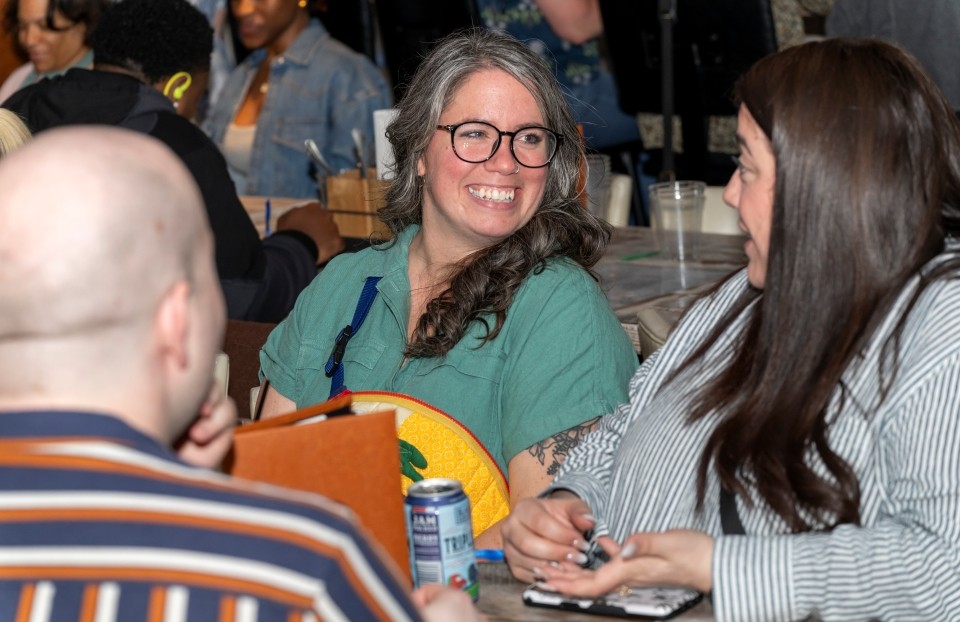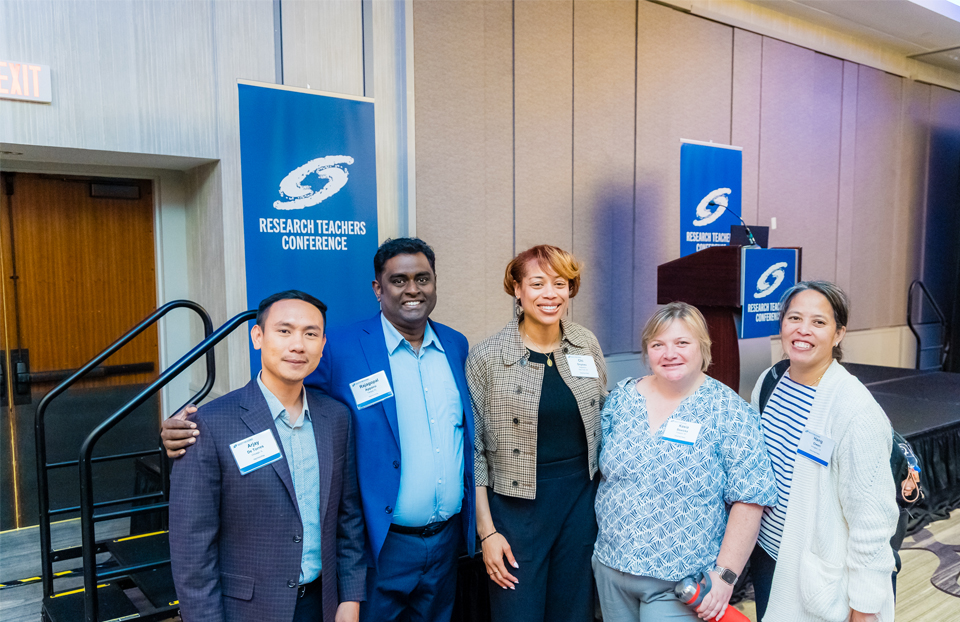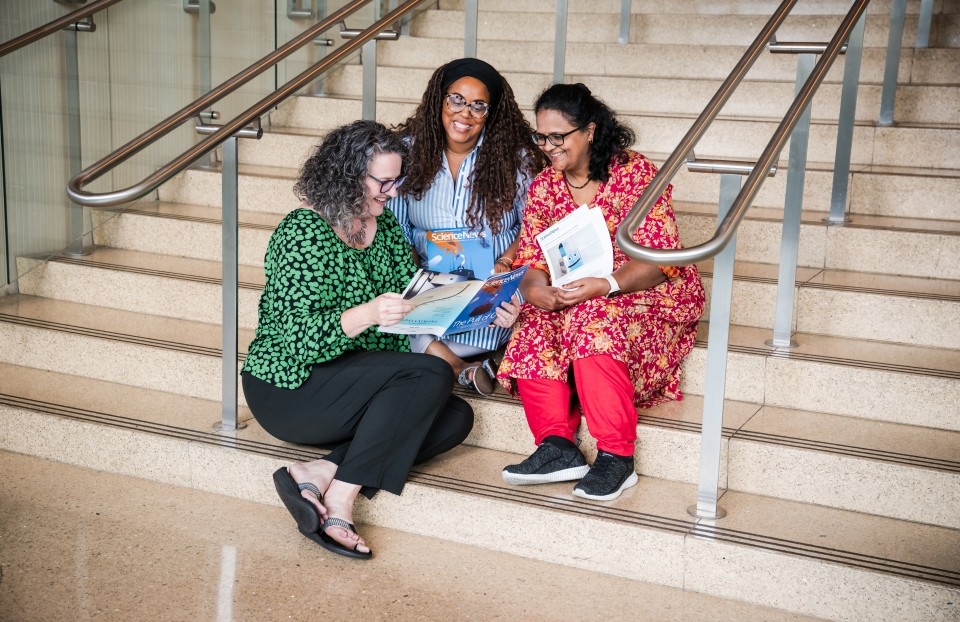Society 2012 Fellow Plans to Combine Service Learning and Research on Local Environmental Projects
Mary Doornbos, a 2012 Society Fellow, is a biology teacher at Thornwood High School in South Holland, Illinois, her alma mater. Below Mary describes her plans for implementing an independent research program at Thornwood and how her studies outside of the traditional scientific fields help her see the connections between the study of living things and the socially constructed world.

What made you decide to apply to be a Society Fellow?
I first heard about the Society Fellowship from my department head, who forwarded an email about it to all the teachers in our science department. I assumed I would never have a chance to win the Fellowship because only ten teachers in the entire nation are selected each year. Not to mention that I had only finished my third year of teaching, had never applied for a grant before, and only had an endorsement in Biology. Admittedly, I originally deleted it from my inbox. But eventually, with her support, I applied- and at the end of March I was selected as a 2012 Society Fellow.
What is your background in science and research?
My science background is a bit unorthodox compared to most of the other Fellows. I have a BA in History with a Secondary Education minor, but I took extra classes during college to earn a Biology endorsement. Consequently, most of my background in research is from a social studies perspective. Nevertheless, the methods of experimental design and scientific approach are essentially the same between social science and the “hard” sciences.
I was drawn to the life sciences because of my interest in the social sciences. When I was in high school and told people that I wanted to teach high school Social Studies and/or Biology, I was met with perplexed facial expressions. People asked me how I could be interested in two areas that were polar opposites. I still don’t understand how those individuals think that the study of living things could have so little to do with the study of the socially constructed world. I constantly see connections between Biology and Social Studies, and I try to point these out when I teach.
Can you tell us a little about the program you plan to implement and who it will affect?
My honors Biology students (about 50 in total) will learn about local environmental problems by attending field trips and completing independent research about one local issue. As we approach the Ecology unit at the end of the year, students will either join an existing service project in the community or design their own service project aimed at reducing the negative human impact on the local environment. Students will then document their research and evaluate the effectiveness of their service project by creating a short video presentation that will be shown in an end-of-the-year showcase.
What advice would you have for other individuals attempting to increase interest in science in their communities and nurture students through the research process?
I think the best way to get your students involved in learning is to go directly to the source: ask your students what they want. Sometimes educators get so caught in the maelstrom of standards, unrelenting paperwork, lesson plans, mundane tasks, and bureaucratic hoops that we forget to (or don’t have time to) include our students’ interests and opinions in our plans. We must include our students if we expect them to become stakeholders in their education.
I introduced my proposed project to my students last year, and they were intrigued by the service learning approach. I asked their opinion about what types of field trips they thought would be the most valuable and what types of service projects they knew already existed in the surrounding communities. Even though I wasn’t able to start the program at that point in time, some of their ideas were included in my application for the Society Fellowship.
Why do you think it’s important for students to participate in scientific research?
I think that students need more practice with research in order to become independent learners. I’ve realized over the years that the more I learn, the more I realize how much I don’t know. There is so much we do not know in this world, but if we can learn how to find out, we can accomplish a great deal.
Do you have any advice for young students interested in pursuing science?
My advice would be to follow your passion. Science isn’t limited to chemicals, equations, lab equipment, and stereotypical, reclusive mad scientists wearing white lab coats and crazy hair. Science is trying to learn about the world, so don’t ignore your interests in science if it doesn’t fit neatly into one of those images. Science is everywhere. You just have to figure out what you want to learn about and how to do it.


